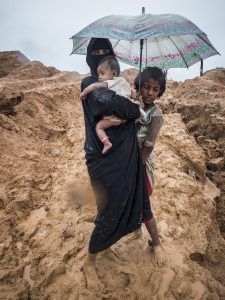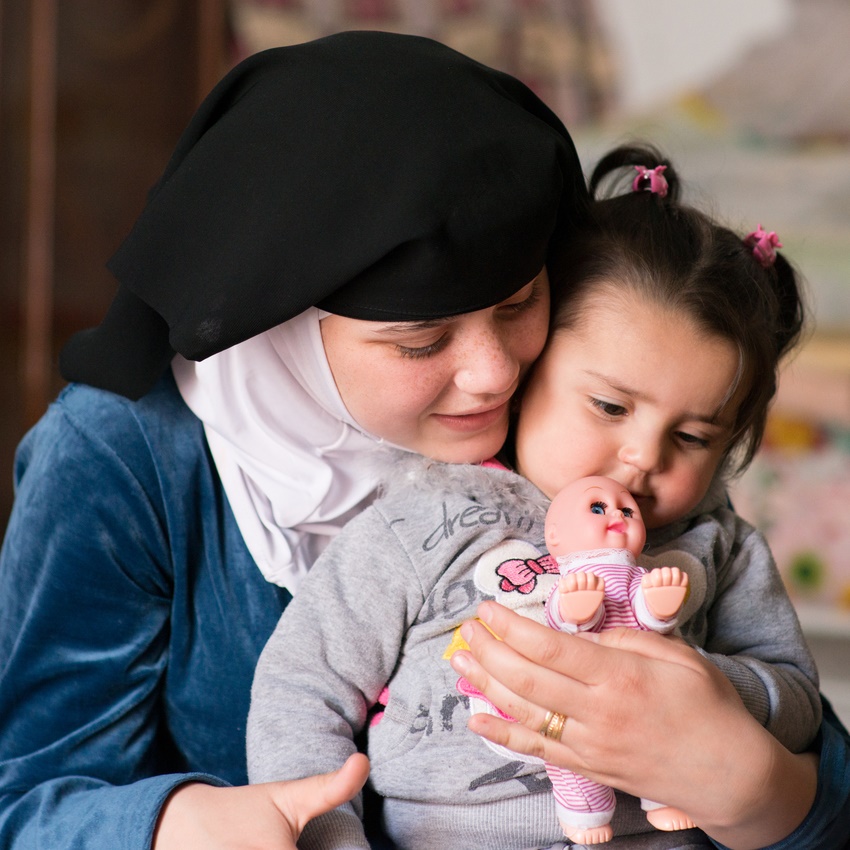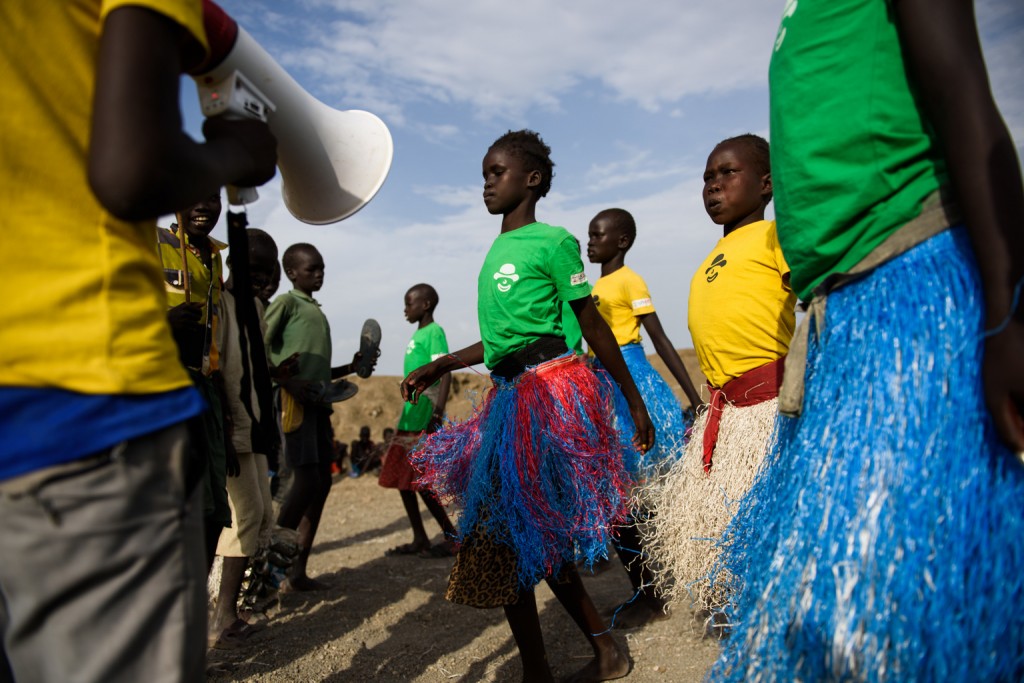Dining for Women and UNICEF Join Forces for Good
Dining for Women has partnered with UNICEF USA to provide urgent support to some of the most vulnerable and forgotten groups in our world today: refugee women and girls in Jordan, South Sudan, and Bangladesh. The significant refugee populations in these countries makes this the humanitarian crisis of our time, and it is well-documented that women and girls suffer the most during any humanitarian crisis.
The United Nations Children’s Fund (UNICEF) works in 190 countries and territories to put children first. UNICEF has helped save more children’s lives than any other humanitarian organization, by providing health care and immunizations, clean water and sanitation, nutrition, education, emergency relief, and more.
WEBINAR RECORDING: Update on the Rohingya Refugees in Bangladesh on June 25, 2020
Speakers:
- Alicia Godsberg, Manager, Resource Mobilization Services at U.S. Fund for UNICEF
- Andres Kragelund, Assistant Director, Humanitarian Response and Global Programs at UNICEF USA
- Mansi Mehta, Assistant Director, Global Cause Partnerships at UNICEF USA

Rohingya Refugee Project
Since August 2017, following renewed violence in Myanmar, an estimated 693,000 Rohingya have crossed the border into the Cox’s Bazar district in Bangladesh. The Rohingya are a stateless Muslim minority group who have lived for centuries in the majority Buddhist Myanmar. They are one of the world’s most persecuted minorities.
Dining for Women has pledged $100,000 to UNICEF USA to improve the maternal and newborn health of Rohingya refugees in Cox’s Bazar. The project will help strengthen referral systems to improve access to health centers and district hospitals for pregnant Rohingya women and babies. It will also help improve the quality of newborn care and safe delivery practices, and help prevent potential disease outbreaks.
Our goal is to raise the $100,000 by the end of 2019. To donate to this project, please click on the button below.
SEE ROHINGYA PROJECT FACT SHEET
WATCH VIDEO ON ROHINGYA REFUGEE CRISIS
South Sudan Refugees Project
More than two million people have been displaced by violence in South Sudan, 87 percent of whom are women and children. Gender-based violence (GBV) is an urgent issue, with high levels of sexual violence prevalent throughout the country.
In 2019, Dining for Women provided $100,000 for critical prevention and response services for women and children in South Sudan who are high risk of gender-based violence. This includes:
- GBV mitigation — e.g. ensuring sufficient lighting and security patrols at displacement camps and protective patrols to help women who go outside the camps to search for firewood.
- Psychosocial support — to help girls overcome difficult experiences such as rape, sexual abuse, and other forms of GBV.
- Awareness campaigns — engaging communities in a process to explore, debate, and ultimately alter norms that influence behaviors, practices, and beliefs that contribute to GBV.
- Capacity building — strengthening national capacity to deliver quality GBV prevention
SEE INTERIM REPORT ON THIS PROJECT’S IMPACT
Our $100,000 investment supports GBV prevention and response services for about 2,640 women and children in South Sudan.
South Sudan Refugee Project Videos:

Syrain Refugee Project
In 2018, Dining for Women provided $100,000 to UNICEF USA for the Syrian Refugee Project. This project provides safe and lawful employment for Syrian refugee women in Jordan who have fewer opportunities for gainful employment while living in refugee camps. Our project also addresses the urgent need for maternal and newborn health care services in Jordan settlement camps and other locations at the Jordan-Syrian border. Syrian refugees in Jordan are a younger demographic and, on average, 2,000 babies are born a month in these refugee camps.
SEE SYRIAN REFUGEE PROJECT FACT SHEET
With the Syrian Refugee Project, we had a unique cost sharing with UNICEF Next Generation, who also contributed $100,000. NextGen is a group of young leaders, entrepreneurs, and innovators in their 20s and 30s who commit their resources, resolve, and enthusiasm toward supporting UNICEF’s lifesaving work. Without the seed funding provided by Dining for Women and NextGen, this project would not have happened.

